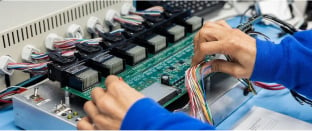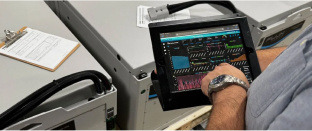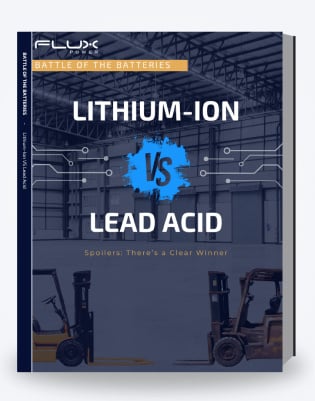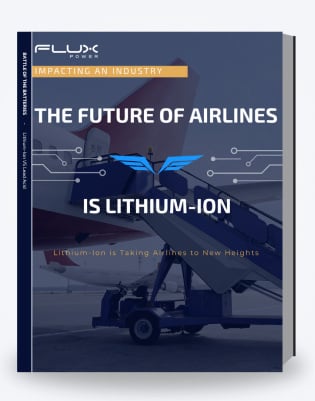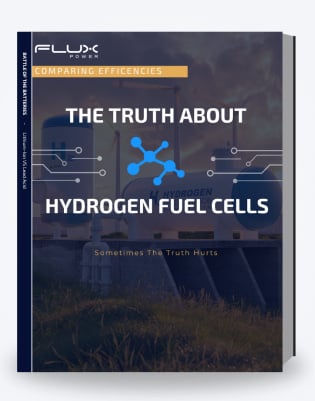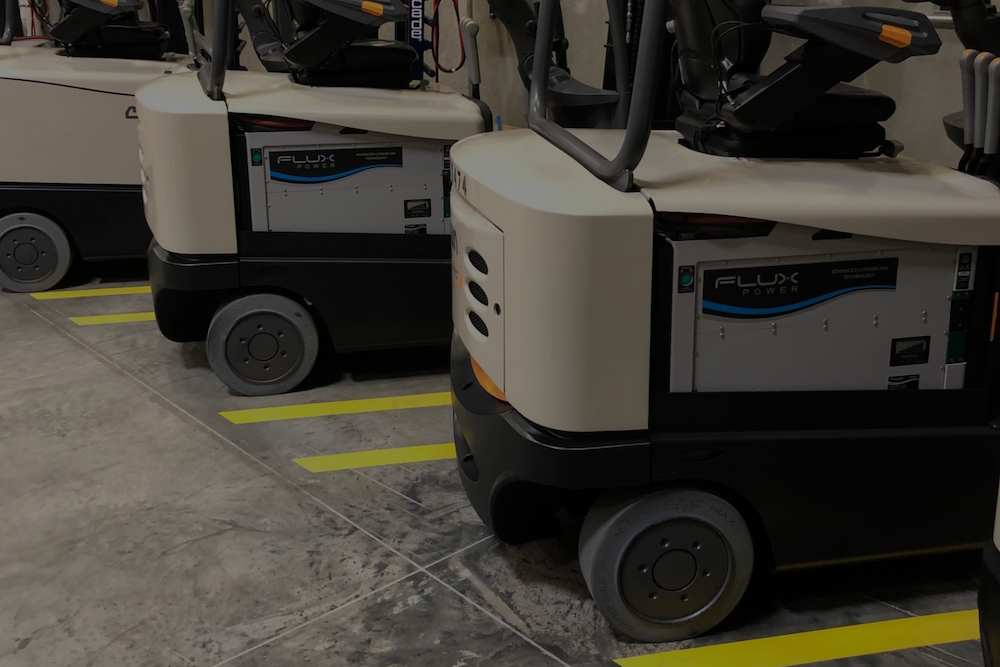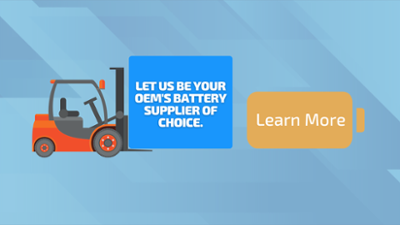Making the Decision: Lithium-Ion Battery Supplier
Many critical factors must be considered when deciding on a forklift battery supplier. Choosing the wrong lithium-ion battery for a forklift can impact the entire operation of an OEM’s business, from procurement to production. An OEM’s day-to-day operations depend on forklift transportation, and a forklift's day-to-day operations rely heavily on the battery. Choosing a lithium-ion forklift battery supplier is the first step in determining the success of an OEM’s daily processes. OEMs need suppliers who can meet JIT shipping demands, lead technical innovation, and provide extended technical service.
- Industrial Battery Supplier with Enough Capacity
Finding a supplier with the experience and expertise in developing forklift battery packs can translate to developing battery technology for many unique operations.
A supplier’s capacity can be the most significant deciding factor when choosing a lithium-ion battery supplier considering forklift uptime affects the OEM’s profitability. Battery suppliers need to be equipped with enough square footage and capacity in their manufacturing facility to meet customer demands and put out products as much as the OEM demands. When considering suppliers, the OEM should seek out a supplier that has the capacity to grow with the OEM. As the OEM becomes more profitable and expands, the supplier should have the capability to support this growth without slowing down production for the OEM.
Although overall production of lithium-ion batteries has increased, it is essential that industrial battery suppliers can procure and maintain all battery orders that an OEM might need. If a battery supplier cannot keep up with the demands of OEMs, it won’t be a good fit.
- Choose a Battery Supplier Committed to Technological Innovation
The goal of a technology company is to continuously innovate and create technological advancements. Battery packs that integrate with OEM equipment will often have battery management systems to monitor the batteries. Battery management systems monitor the temperature, charging habits, battery life, and more. This data can be extracted and viewed with telematics technology designed to communicate with a battery management system. Battery management systems that can integrate with telematics systems can provide valuable data insights on fleet management and can not only help with preventative maintenance but also help operations create efficiencies that were not previously noticed.
These advancements not only improve day-to-day operations, but they save OEMs money by ensuring forklifts are running properly and quickly troubleshooting technical problems that may emerge. Lithium-ion battery suppliers who are continuously adapting and improving their products will be great partners when OEMs are also looking to expand in their industry.
- Find a Supplier with Extended Technical Support
When deciding on a lithium-ion battery supplier, choose one that doesn’t just manufacture battery packs but provides ongoing support. Lithium-ion technology is more advanced than a traditional lead acid battery, meaning there are many more moving parts to monitor to ensure the battery is working correctly.
Because there are more moving parts, battery suppliers need to be more involved in integrating the battery into the equipment it will be powering. Even though the battery supplier may have years of experience in a different industry, not all equipment is equal. An industrial battery supplier that can apply their knowledge from one industry to another can provide the OEM insight, experience, and support in engineering a quality product—ensuring that the battery functions with the OEM equipment without any concerns takes time and testing. Technical support must be flexible with any issue that may arise.
A battery partner that wants to be involved in every step, from testing the battery to ensuring it performs with the equipment, will help build a good relationship and a smooth-running operation.
- A Supplier that Can Offer Adaptable Solutions for Ever-Changing Needs
Fleet needs are constantly changing, and industrial battery suppliers must have the capability to support OEMs with adaptable solutions to keep operations running smoothly. Instead of buying numerous different types of batteries, the OEM can reduce the number of SKUs in their inventory by choosing a lithium-ion battery supplier and continuously creating adaptable solutions to fit the changing needs of their buyers. Successful battery suppliers can accommodate OEM production volumes, sales, and needs.
OEMs must choose a battery supplier with the power, knowledge, and capabilities to understand the product and provide solutions for the OEMs developing needs.

